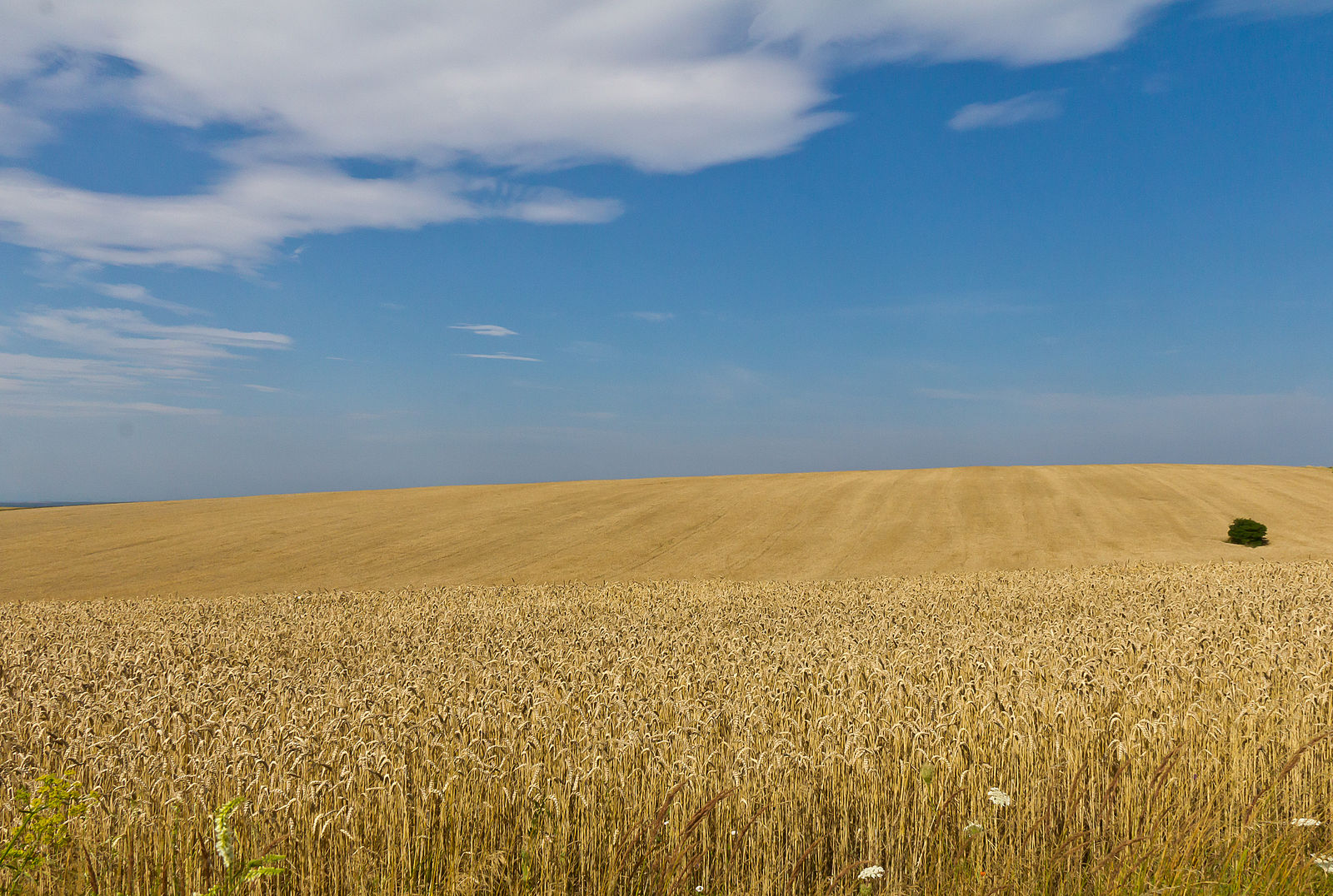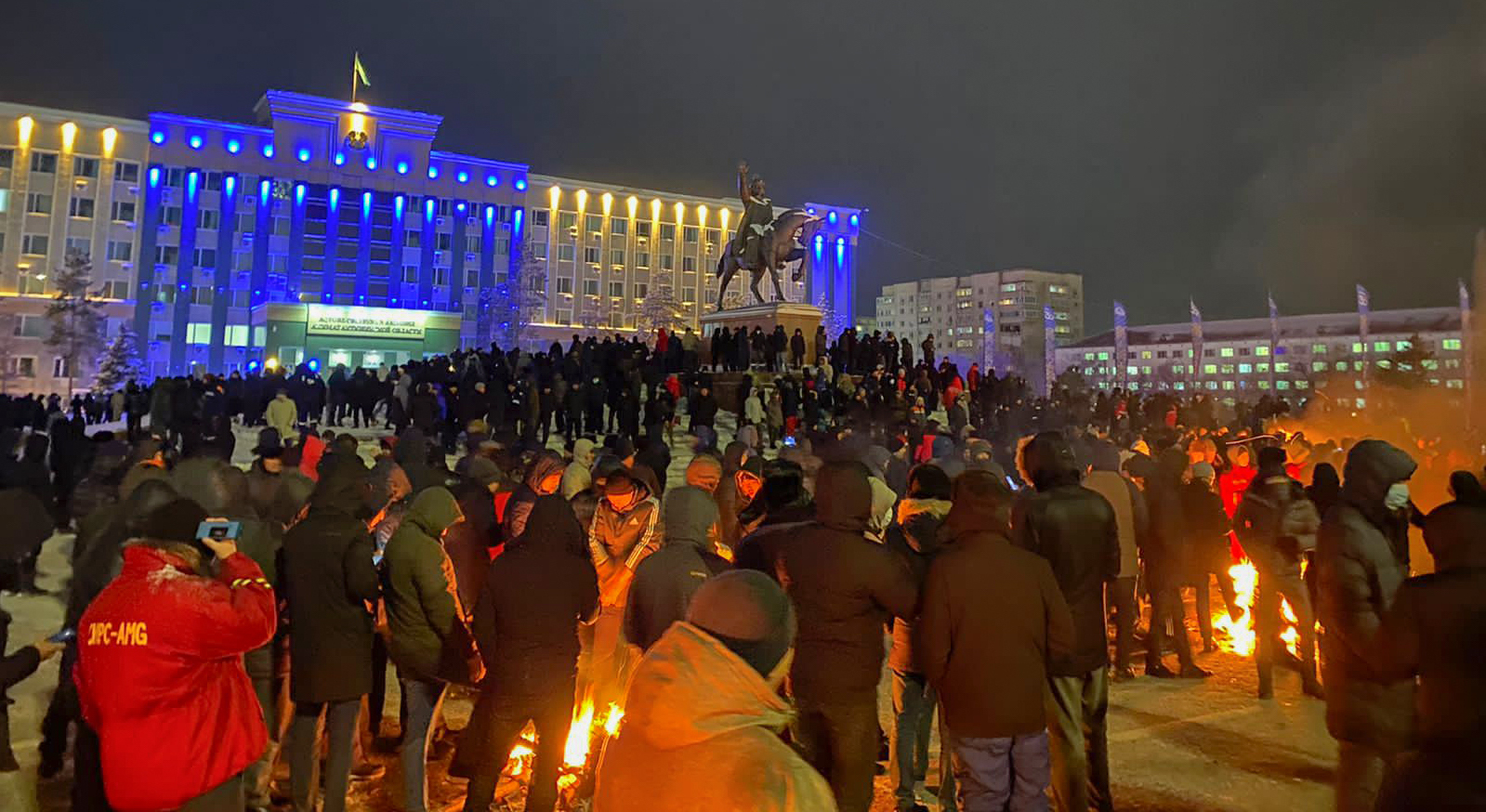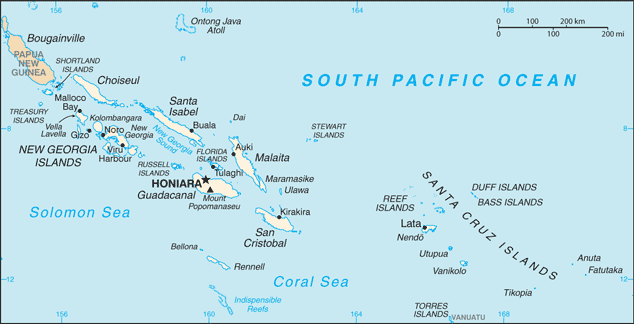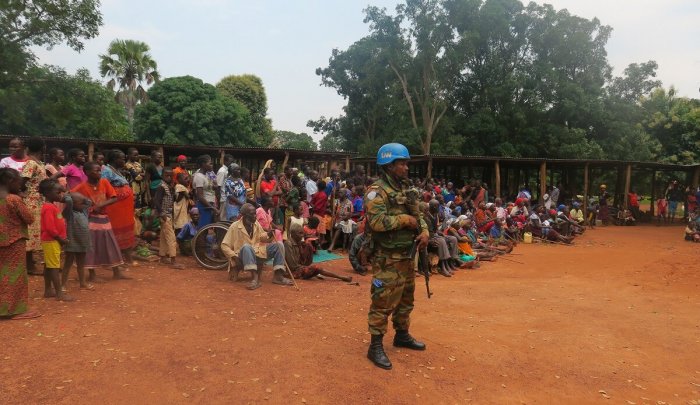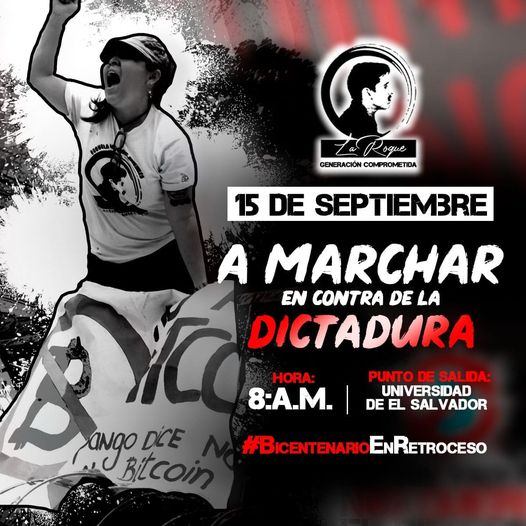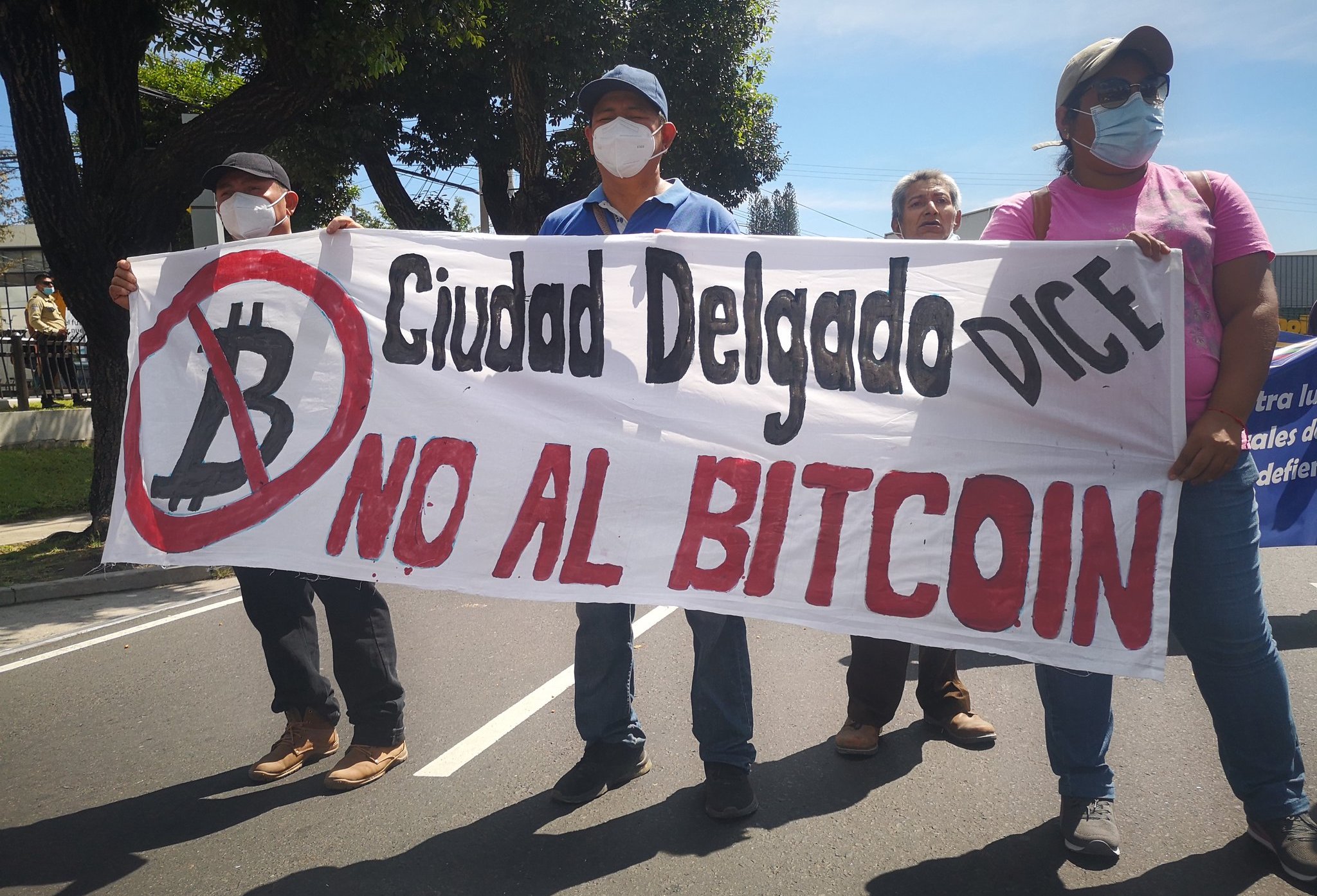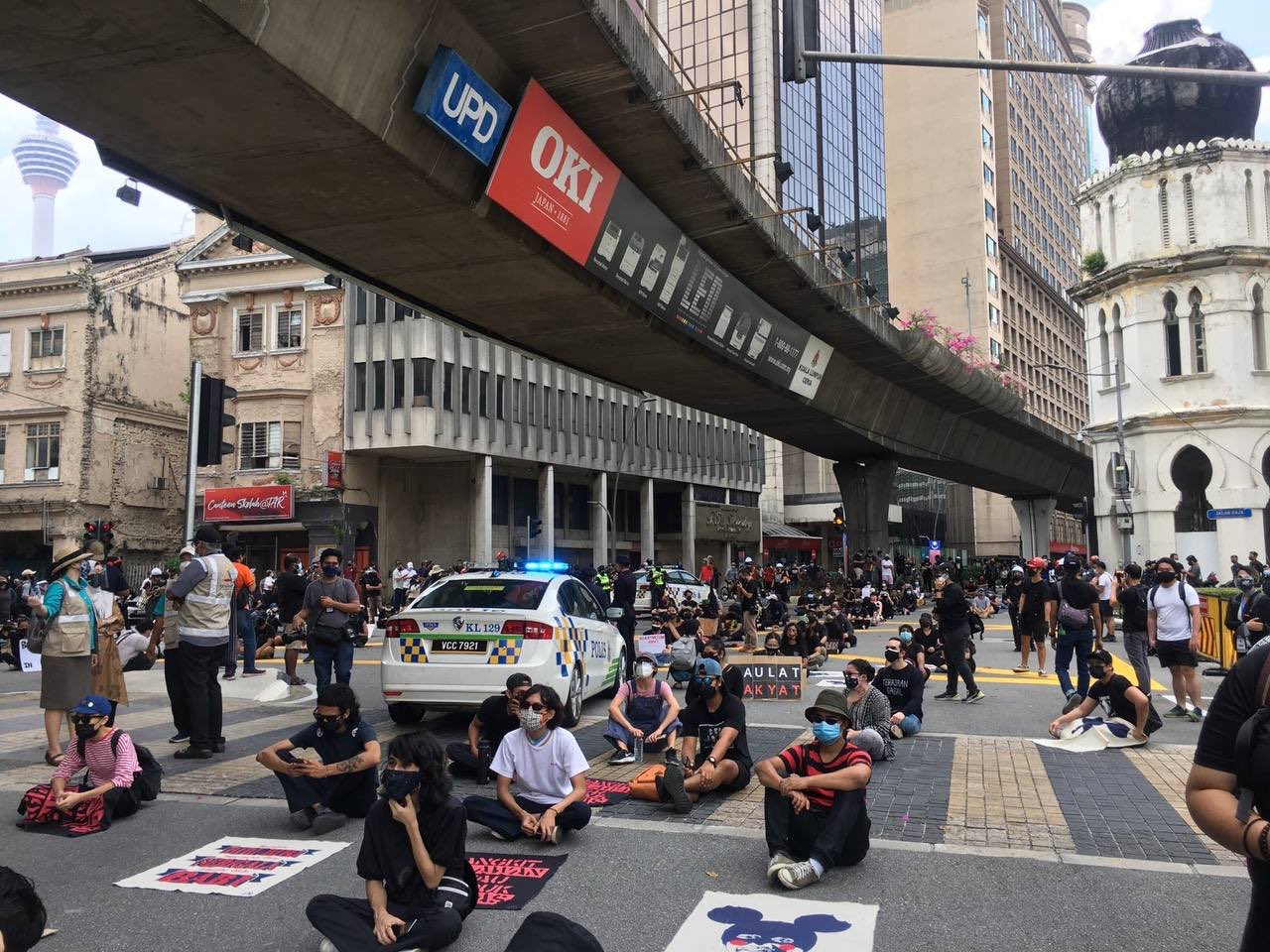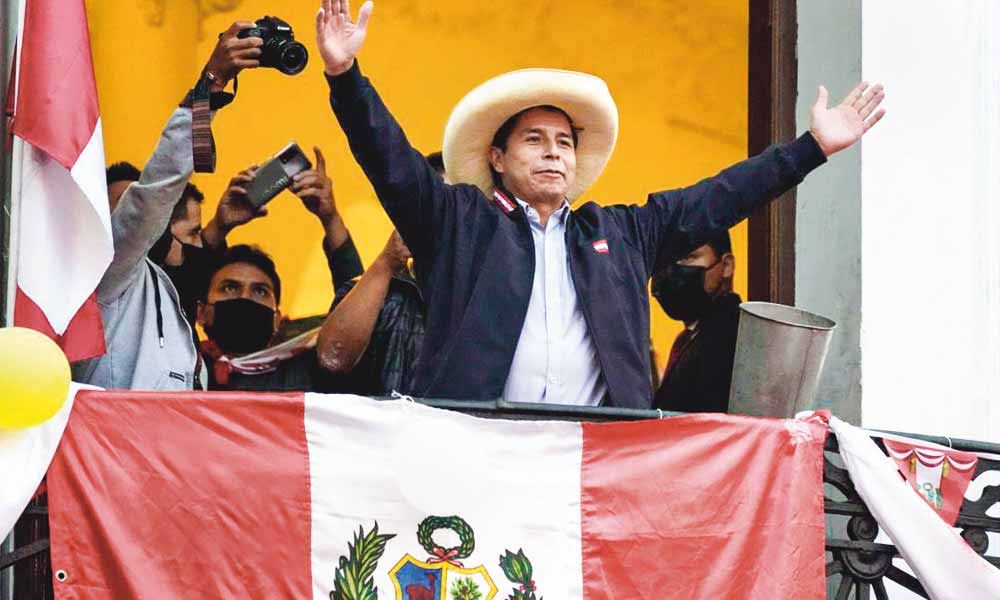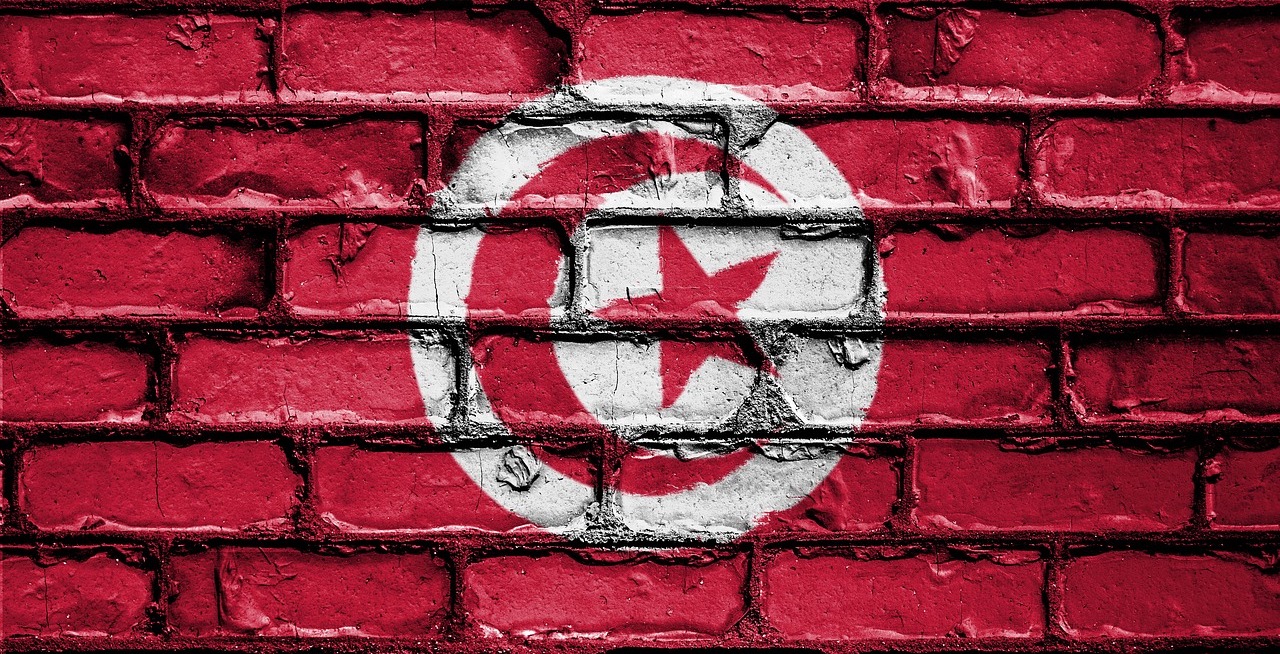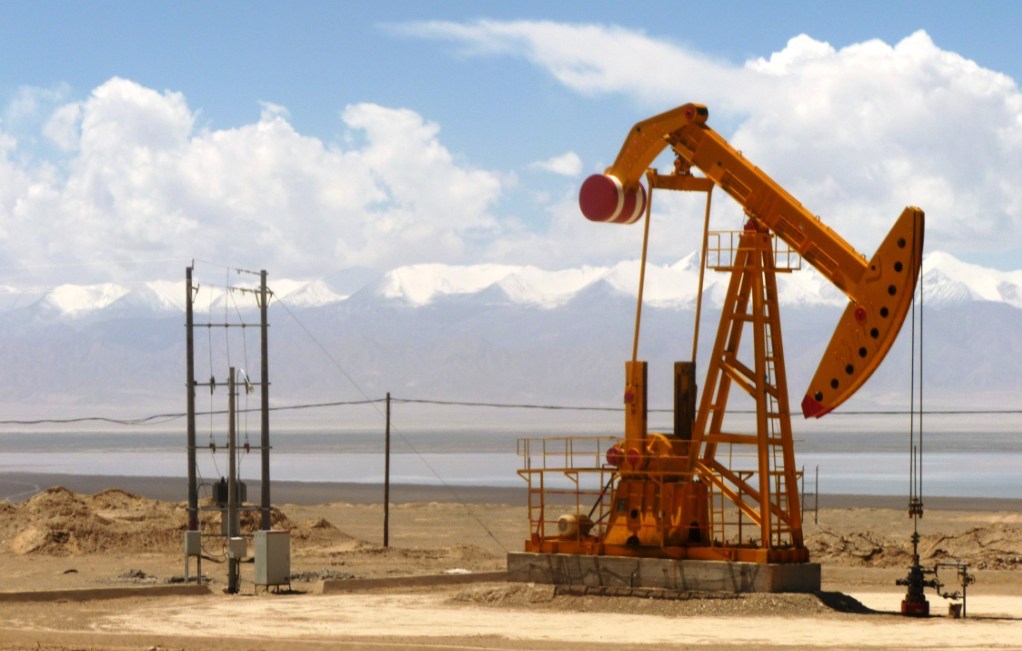
Ukraine war portends new oil shock
Long-depressed oil prices are suddenly soaring in response to the Russian invasion of Ukraine, with impacts already being felt globally. Exports from Kazakhstan and the Caspian Basin are virtually paralyzed, as the Black Sea pipeline terminal delivering the crude to Western markets is incurring a prohibitive “war risk insurance premium.” Berlin has suspended the Nord Stream 2 pipeline, which is to carry Russian gas under the Baltic Sea to Germany—and Russia has retaliated by threatening to cut gas supplies to Europe via the Nord Stream 1 line. In his executive order barring Russian oil and gas imports to the US, President Biden issued a warning to the oil companies, urging that the war should not serve as an excuse for price-gouging. But it is actually the oil futures market that plays a determinant role in fixing the international price. There’s a big psychological element involved, which is why every escalation in the Middle East (without fail) jacks up oil prices. A war in Europe will almost certainly mean another oil shock, with grim implications for the world economy and Biden’s political chances. (Photo of Kazakh oil-field via Wikimedia Commons)



